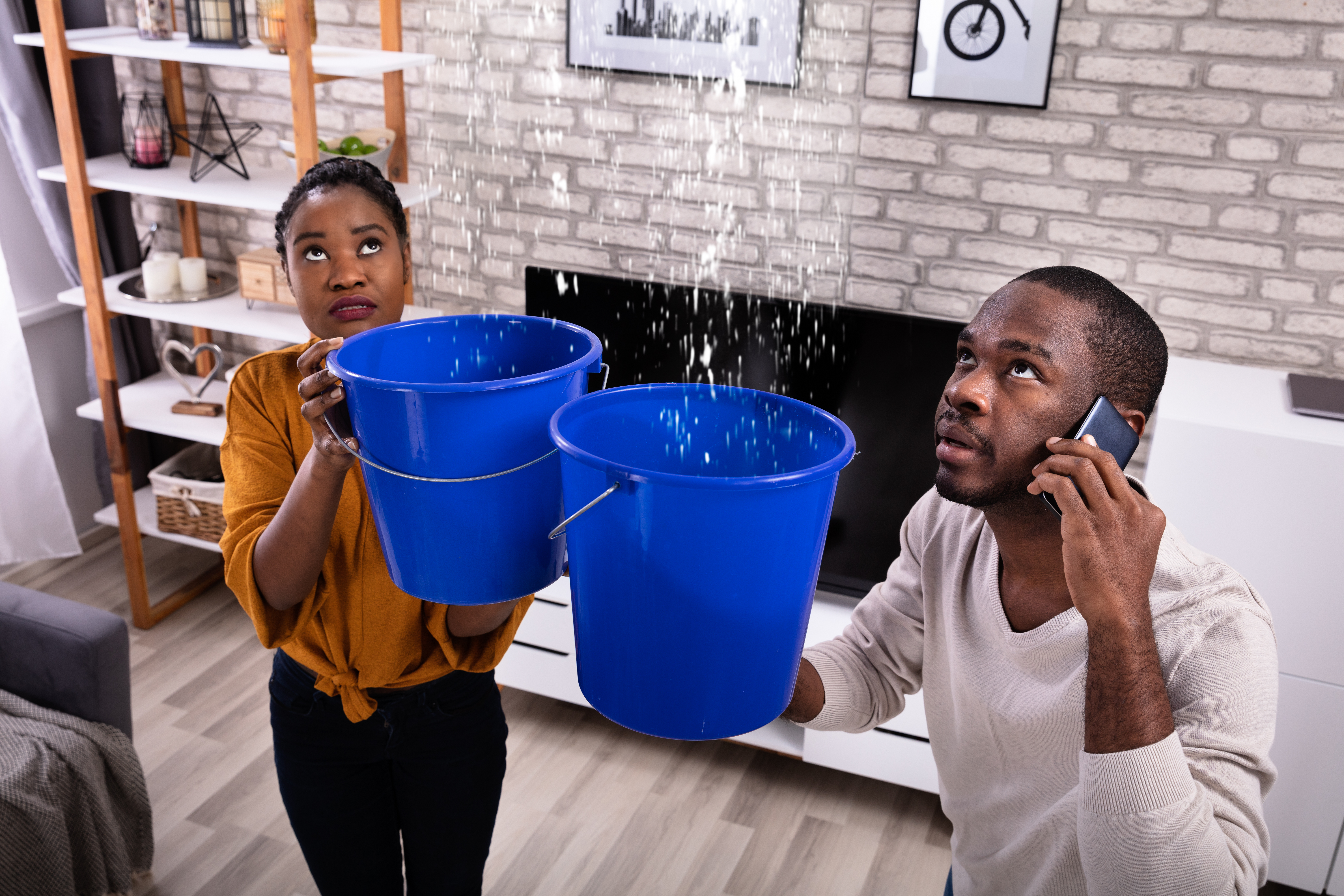Yesterday, I performed a routine plumbing preventative maintenance at the home of a longtime customer named Diane. A few years back, Diane moved to North Carolina due to a job transfer and now rents out her house because she plans to move back in a few years. Diane continues to use Cooper Mechanical for all her heating, cooling and plumbing work to ensure that her systems are well-maintained while she’s away.
Shortly before Diane left, I replaced a leaky water heater located in her basement. Luckily, Diane discovered the leak before it got really bad. Like most customers, she had lots of “treasures” packed away in the basement, along with her home’s plumbing, heating, and air conditioning equipment. At the time, Diane remarked she was concerned that had she not retrieved an item in the basement, the leak might have gone undetected for days.
Diane admitted to me that she was very worried about what would happen to her house once it was rented. Would the renters take care of her home? Would they pay attention to little problems or wait until they became big issues before seeking help? Most of all, would her house ever be the same when she moved back? Take it from the Coop: I’ve witnessed the damage that water can cause countless times in my career, not only due to carelessness, but also from just plain bad luck! This problem can happen to homeowners who go on vacation for a week or just go out for a few hours. Or, like Diane, sometimes unseen damage can occur right under your nose. As they say, “things happen” and when water’s involved, the ensuing damage can be extensive! Although we all know that when it comes to water, nothing is 100% invincible, but there is a lot that can be done to mitigate the risk.
Before Diane’s renters moved into the house, we designed and installed a water detection system that includes two components: first, we installed a leak detection device with an automatic shut-off valve installed on the incoming water supply line. This device is WIFI programmable with a mobile app interface which gives real-time alerts, notifications and remote control access. What’s more, many leak detection devices can integrate into existing home security and home automation systems as well as third-party monitoring companies to further streamline the communication process with the homeowner. We also added sensors near major plumbing fixtures and pipes that sense water in areas where it shouldn’t be pooling like in walls, above ceilings, and on the floor. Lastly, we fabricated a synthetic wood framework on site, attached it to the floor and sealed it. We installed it within the area housing the well tank, water softener, and the water supply line. This set-up serves 2 purposes: it keeps water contained in a sealed area to minimize water damage, and 2, it’s positioned to ensure that water will come in contact with a sensor which will trigger the main shut-off valve to turn off.
Here’s the happy ending to my story: On a cold winter’s night last year, both Diane and her renter were notified by Diane’s security company that water was being detected by her leak detection system, this time in the 1st floor powder room. Sure enough, a pipe had burst inside a wall and since the device monitors incoming water flow, the main shut- off valve was automatically turned off before any further water damage occurred.
Are you interested in learning more about leak detection systems? Contact a professional plumbing contractor, like Cooper Mechanical, who will inspect your plumbing system and then suggest the best solution to help protect your home from potentially extensive water damage. We can be reached at 610-228-4405, 24/7 for emergencies.






